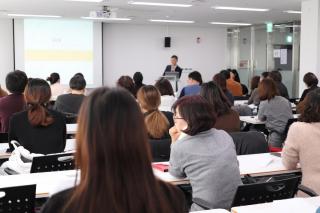MCM#1 - Public Education and Outreach Program

The objective of MCM#1 is to implement a comprehensive public education program aimed at distributing information regarding stormwater management and the MS4 Program mandated by the EPA and PA DEP. This initiative is designed to enhance public understanding of the causes and impacts of stormwater pollution, as well as to empower individuals to take proactive steps to prevent it.
Where to Find Information
Residents can access stormwater information and updates on Lower Swatara Township's Stormwater Page, Township Newsletter, and at the Township Building. Look out for articles, pamphlets, and flyers that highlight stormwater management activities and provide valuable insights into the MS4 Program. You can also access these partner websites for more informations:
- National Pollutant Discharge Elimination System
- DCCD NPDES for MS4s
- DCCD Stormwater Management
- Public Education and Outreach Fact Sheet
- Water Spot Radio Ads
Common Sources of Stormwater Pollution
Stormwater runoff is generated from various land surfaces and can be significantly impacted by individual behaviors and activities. Common activities that contribute to stormwater pollution include:
- Littering
- Improper disposal of trash and recyclables
- Pet waste disposal
- Application of lawn chemicals
- Car washing
- Improper disposal of motor oil
- Disposal of leftover paint and household chemicals
Promoting Behavior Change
Encouraging individuals to alter their behaviors and adopt proper disposal practices is essential in controlling stormwater pollution. Public awareness about the impact of individual actions on water quality is crucial, as these actions can either degrade or protect our waterways.
Community Education Requirements
As a Phase II MS4, we are mandated to educate our community on the pollution potential of common activities and to increase awareness of the direct links between land activities, rainfall-runoff, storm drains, and local water resources. Our education programs include clear guidance on actionable steps to reduce stormwater pollution.
The Importance of Public Education
Efforts in public education and outreach play a pivotal role in addressing issues such as "nonpoint source" or "stormwater" pollution. These initiatives are instrumental in fostering a community-wide understanding of stormwater management and promoting sustainable practices for protecting our water resources.

